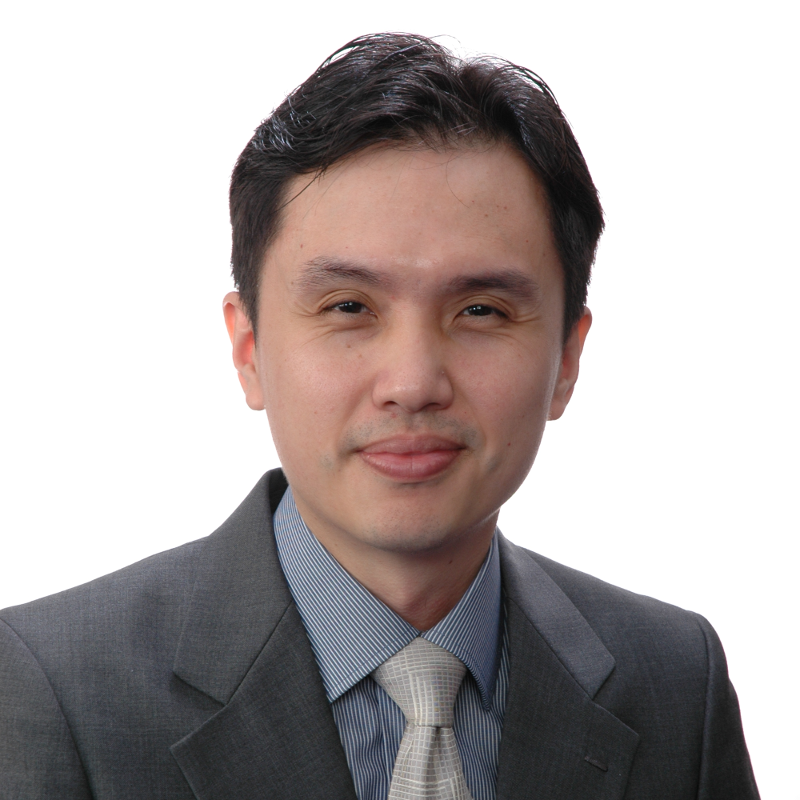

Associate Professor Chueh Loo Poh
Faculty & Department
Joint Appointments
Jt Appt - Associate Professor, Biochemistry, Yong Loo Lin School Of Medicine
Jt Appt - Associate Professor, Biochemistry, Yong Loo Lin School of Medicine
Education
Doctor of Philosophy, Imperial College London, United Kingdom
Bachelor of Engineering (Elect & Electr Eng) Hon Class 1, Nanyang Technological University, Singapore
Bio
Dr. Chueh Loo POH is an Associate Professor with the Department of Biomedical Engineering (BME) at National University of Singapore (NUS). He is co-program director for the graduate programs at BME. He is a Principal Investigator at NUS Synthetic Biology for Clinical and Technological Innovation (SynCTI) and leads the NUS Biofoundry. He is also deputy director of SINERGY, Singapore consortium for Synthetic Biology.
Dr Poh’s research interests in Synthetic Biology focuses on microbial biosensors, optogenetics, biotechnology and DNA data storage. His group has been reprogramming microbes for health and sustainability applications. He also leads the award-winning NUS iGEM teams, the premier international student competition in Synthetic Biology. He is currently vice-chair of the Global Biofoundry Alliance (GBA) steering committee and the co-Editor-in-Chief of Wiley/IET Engineering Biology journal.
Contact Information
Recent news
- Capturing the immense potential of microscopic DNA for data storage – College of Design and Engineering
- Capturing the immense potential of microscopic DNA for data storage | ScienceDaily
- Biosensor could revolutionise flavonoid production – College of Design and Engineering
4. Inter-disciplinary team of NUS students clinch 3rd place in global synthetic biology competition
The Engineering Biology Lab at NUS focuses on Synthetic Biology in which we apply engineering principles to design and build microbes with useful capabilities for biomedical and industrial applications, with special interest in engineering novel living biosensors for applications in health, sustainable biomanufacturing, and DNA data storage. To this end, we have been “reprogramming” microbes as living biosensors to fight infectious causing pathogen, light/thermal controllable living biosensors for biomanufacturing, and biosensors for ultra-high throughput screening.
At the same time, we are developing foundational platform tools to accelerate the design and engineering of the microbes along the design-build-test-learn cycle. This includes computer aided design and modelling tools for SynBio and biofoundry for rapid prototyping We combine both experimental and computational approaches in engineering our microbes.
We are highly motivated to make engineering of biology more efficient and predictive so that we can scale complexity in order to create novel solutions to tackle global challenges.
My Mentoring Style
How would you describe your mentoring style in terms of freedom given to your students?

Selecting Research Topics?
How do you guide your PhD students in selecting research topics?

Setbacks / Challenges
How do you handle setbacks or challenges faced by your PhD students?

Feedback
How do you give feedback on your students’ thesis drafts and progress?

Consultation Frequency
How often do you typically meet your PhD students one-on-one for consultation?

Research Group Meetings
How often do you typically hold lab meetings where your PhD students present their research work to the class?


